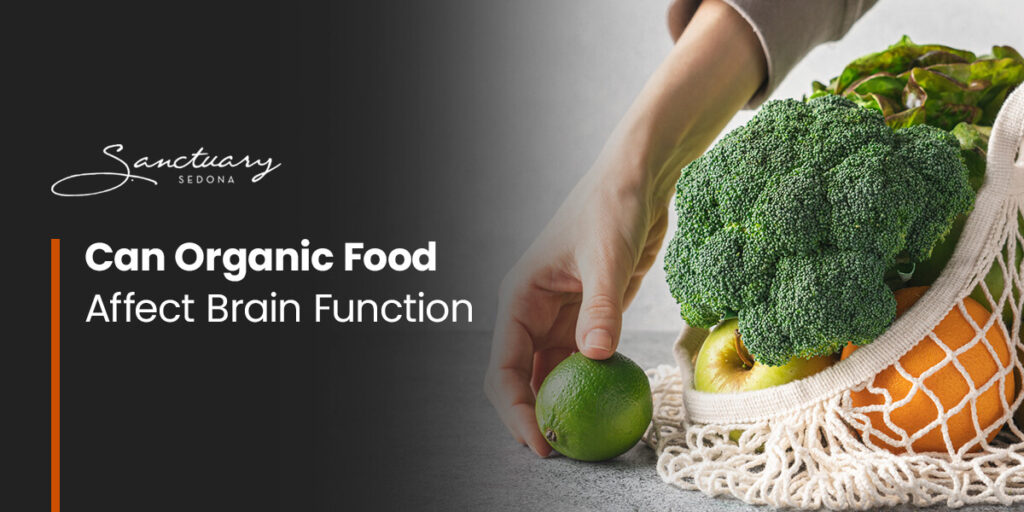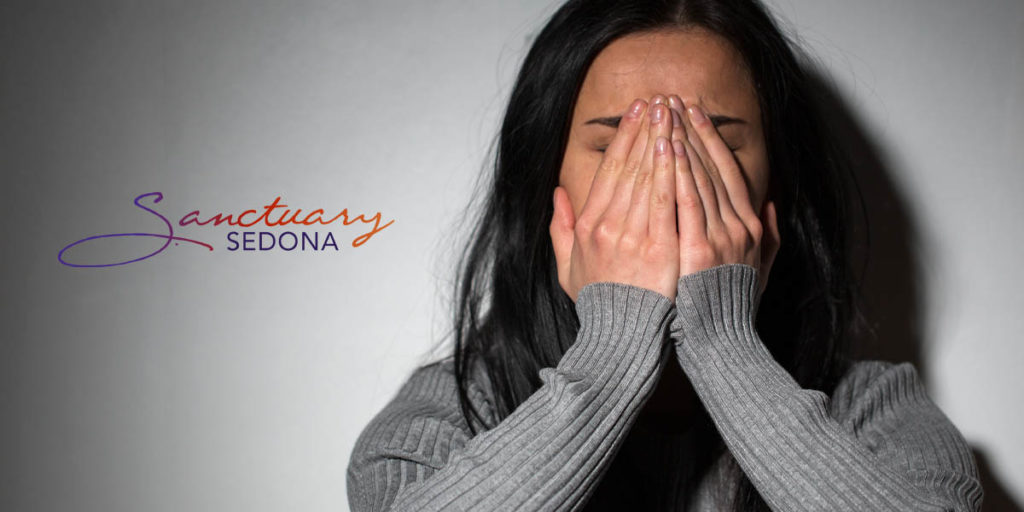Approach for Addiction Treatment Actually Help?
At The Sanctuary, we know that it doesn’t really matter what substance you’re addicted to — the mechanism behind it is the same. Addiction is an external means to fill an internal void. And until we find out what’s really underneath it all, it doesn’t go away.
That’s why our holistic, non-12 Step treatment for drug addiction leads you on an inward journey to parts of yourself that mainstream rehab doesn’t reach. In fact, unlike 12-Step programs, we believe you can actually move past addiction and be recovered. But it takes an open mind and a willingness to go where you haven’t gone before.
“All we have to do when we come here is open ourselves up to [the healing journey], and bring it into our hearts, and then when we leave here, use it,” says Mike. “Those aren’t the easiest things, but the way I feel now I know I will, and I know I can.”
What Causes Drug Addiction?
Addiction is a symptom of unresolved trauma. It’s a coping mechanism for something deeper that’s bothering us. We use drugs as a way to deal with discomfort. With all the external stressors of daily life, some people take substances just to get through the day.
Addiction takes a toll on the mind, body, and spirit. In the process, you lose touch with your authentic self.
What is your authentic self? This is your pure, genuine side – the inner you, full of life and joy. As you gain more life experience, that side becomes increasingly suppressed. Connection to your authentic self (the part of you that feels joy, belonging, connection, and love) fades even further after experiencing trauma.
The impact of trauma. As you’re pulled further away from your authentic self, finding personal fulfillment becomes difficult. Trauma leaves a void inside us. Consequently, we seek external ways to fill that void, whether that’s overexertion at work or substance abuse.
Recovering your authentic self. Some view addiction as a wake-up call – a voice telling us we need to heal and recover our true self. The silver lining is that it’s possible to rediscover that side again. Through a blend of clinical therapies and holistic techniques (like daily mindfulness practice), you can find your life’s passions once more.
Science has already proven that we can influence our genes and retrain our brain for transformational, lasting change.
Who is Most at Risk for Drug Addiction?
A common myth people are told is that they are genetically bound to addiction; set up for a lifelong battle. But viewing drug addiction in this way is detrimental to your ability to regain confidence and self-worth, which results in a greater likelihood of relapse.
Modern psychology points to deeper causes of suffering as a catalyst for addiction. Suffering is something that no one in life, regardless of their circumstances, can avoid. What matters is that we learn how to navigate life’s inevitable ups and downs in a way that’s not damaging to ourselves and those around us.
At The Sanctuary, we don’t see any of our clients as being categorically at-risk. We understand that every one of us has shadows within. And here, you’ll learn to relate to them in a highly supported, constructive way. You are not destined to be an addict because of your background, family history or genetics. Our progressive program focuses on guiding you towards self-fulfillment through holistic therapies, comprehensive care and the strong support of a therapeutic community.



